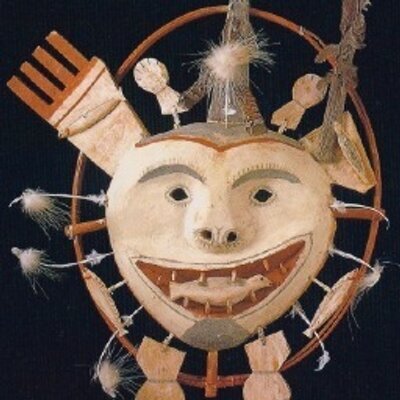Radical Anthropology replied to Radical Anthropology's status
Day 3: This was a RAG classic, a wonderful ZOOM with the amazing #MornaFinnegan on 'Is there any Body out there? Love and loneliness in anthropology'
She casts a spell, on her experience of touch and corporeal morality, and how #African #hunter-gatherers create systems of power and value through the collective tactile body.
Day 3: This was a RAG classic, a wonderful ZOOM with the amazing #MornaFinnegan on 'Is there any Body out there? Love and loneliness in anthropology'
She casts a spell, on her experience of touch and corporeal morality, and how #African #hunter-gatherers create systems of power and value through the collective tactile body.
